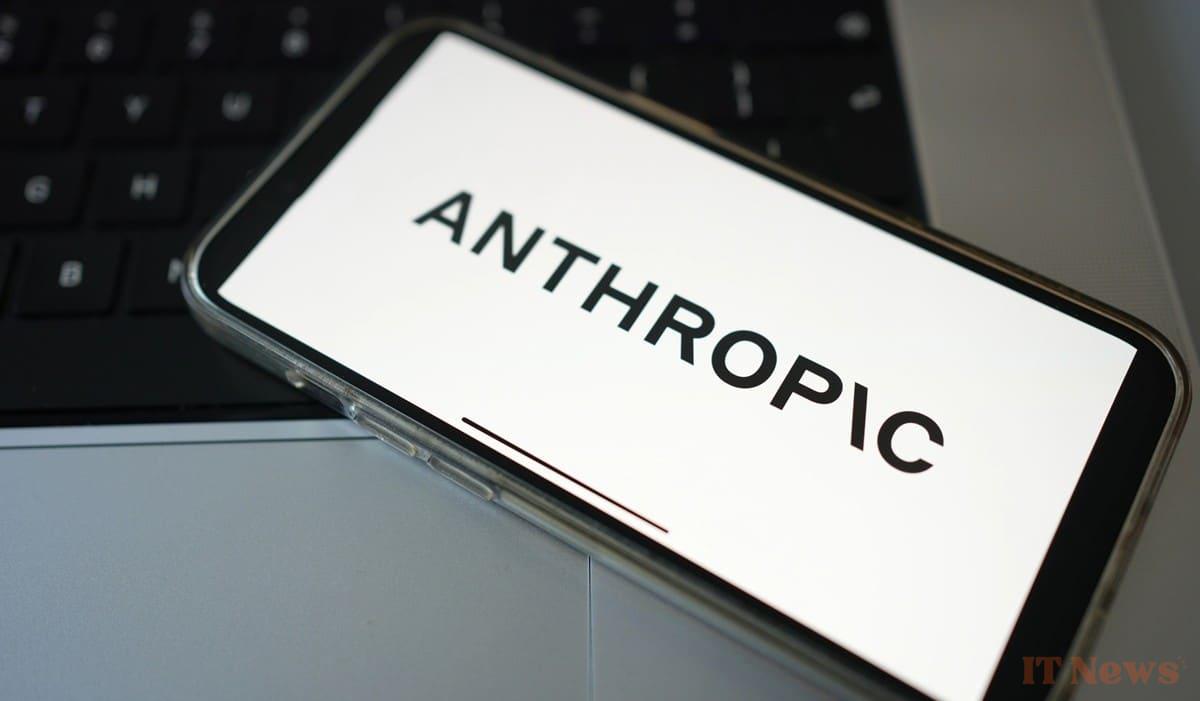Google is advancing its pawns in artificial intelligence with a well-honed method: targeted investments, strategic alliances, and controlled discretion. The recent disclosure by The New York Times of the Mountain View giant's stake in the startup Anthropic perfectly illustrates this approach. With 14% stake, additional financing of $750 million in the form of a convertible loan, and no board seat, Google maintains an influential position without apparent interference. A balancing act in a sector where the slightest takeover can trigger tensions.
A key partnership for the AI ecosystem
Founded by OpenAI alumni, including Dario and Daniela Amodei, Anthropic quickly established itself as a key player in the market with its chatbot Claude, in direct competition with ChatGPT. Unlike OpenAI, under the protective wing of Microsoft, Anthropic has opted for a hybrid model: raising funds from large groups while maintaining independent governance. A bold gamble that allows it to secure massive funding while staying focused on its technological and ethical ambitions.
With Google as an investor, Anthropic benefits from privileged access to the group's cloud infrastructure and artificial intelligence resources. A boon for accelerating its research without compromising its independence. For Google, this strategic placement gives it a foothold in a leading innovation lab, without exposing itself to criticism linked to an excessive monopoly.
A discreet but intense war between tech giants
The AI market has become a battlefield where every alliance counts. Microsoft has bet on OpenAI, while Apple develops its own models internally. Google, with DeepMind and Gemini, continues to innovate internally, but also offers external relays to diversify its approaches.
The issue goes beyond the simple performance of algorithms: control of talent and technical infrastructure has become a major strategic lever. By investing in Anthropic, Google is not only funding a potential competitor to OpenAI: it is also ensuring that the best researchers do not end up solely in Microsoft's lap.
Innovation and Regulation: A Delicate Balance
The major financial maneuvers surrounding AI are also attracting the attention of regulatory authorities. The US Department of Justice is closely monitoring these investments, keen to avoid excessive market concentration. While, for the moment, no restrictions have been applied to the sale of Anthropic shares, the question of the neutrality and independence of startups funded by tech giants remains a hot topic.
The balance between innovation and regulation is becoming a major challenge. On the one hand, funding allows startups to push the boundaries of AI. On the other hand, they raise the question of the indirect influence of large companies on technologies that shape the future.
Towards a future controlled by investors?
For Anthropic, maintaining its independence is a central issue. Its founders advocate an approach where ethics and the public interest take precedence over commercial pressure. By structuring its financing in such a way as to avoid a direct takeover, the startup hopes to pursue its research without giving in to the immediate demands of investors.
But this independence has its limits. With a growing dependence on funding from Google, can Anthropic really stay the course? Or will it end up becoming a strategic satellite of the Californian giant, like OpenAI has become for Microsoft?
In a market where innovation rhymes with influence, the line between partner and dependency is becoming increasingly blurred. A reality that Google seems to have perfectly integrated into its artificial intelligence expansion strategy.



0 Comments